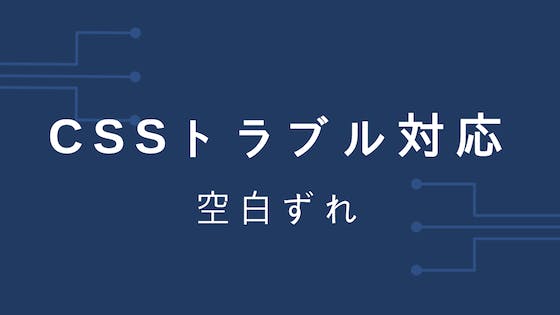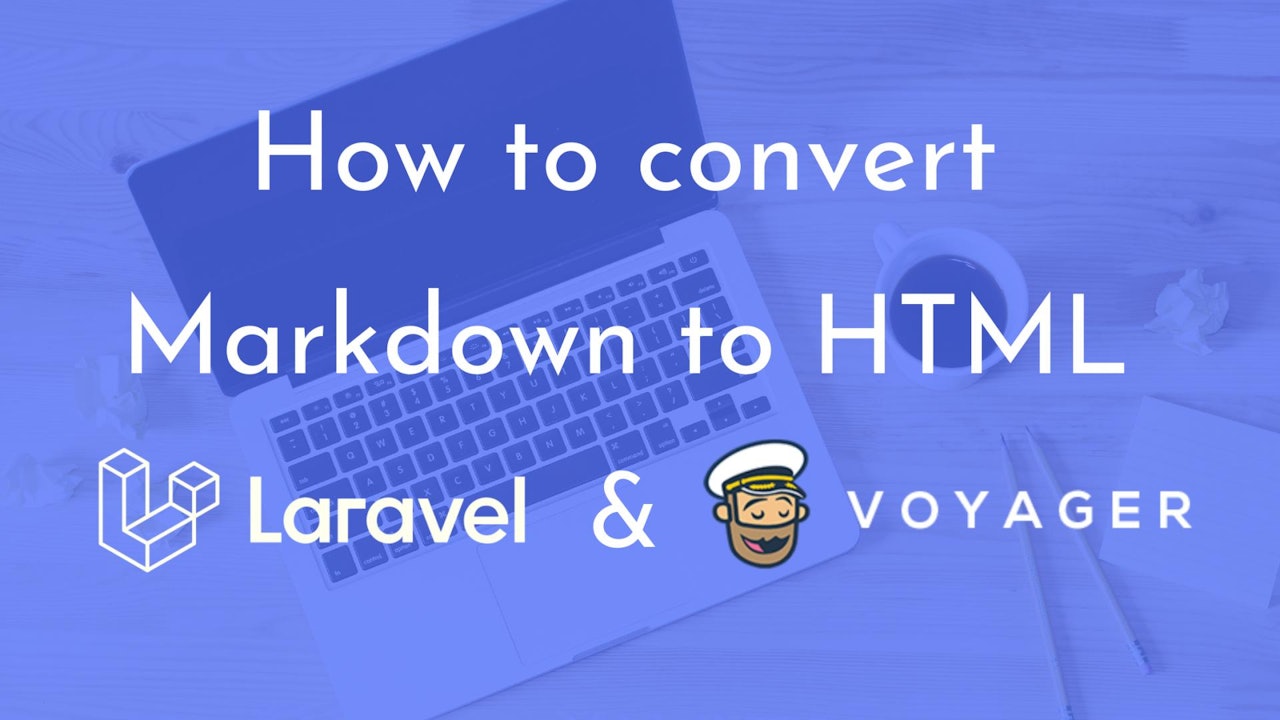
Preview your notifications easily with just a couple of lines of code
Apr 04, 2021 Laravel Markdown was created by, and is maintained by Graham Campbell, and is a CommonMark wrapper for Laravel 5. It ships with integration with Laravel's view system too. Feel free to check out the change log, releases, license, and contribution guidelines. 8th September 2020 html, laravel, markdown, vue.js, vuejs2. I am creating a tutorial website, teachers create markdown files that are stored somewhere in backend, students whom paid for a specific course, can see the content of the file in my website. The backend framework is laravel and frontend is an SPA website created with vuejs.
Sometimes you want to develop beautiful notifications in HTML or markdown format. But how do you style them easily without having to send them every time you've changed something? Laravel offers an out of the box solution for this. In your web.php you can easily return a notification to render it and display it in your web browser.
A list of default Laravel markdown components with screenshot for reference. Note to Laravel 7+ users: Laravel 7 has improved the markdown components, and removed the undocumented promotion component. Bootstraping a Laravel blog (model, controller and routes) First thing we need is a bootstrapped Laravel app. You can check this previous article in which I create a Laravel + Tailwind CSS project. Once we have our bootstrapped project, lets focus in the blog. First we'd need to create a migration to create the articles table.
Let's code!
If you'd like to try this with an easy example you can code along with me. First, we start with creating an example notification:
$ php artisan make:notification InvoicePaid
Secondly, we add the following lines to our web.php to be able to display the notification in our browser:
As the title of this article might confuse, it sounds like we render a Notification, in this case, InvoicePaid. But what we're actually rendering here is the MailMessage we return in the toMail method.
Rendering markdown notifications
Laravel supports sending markdown notifications as well and it would be nice to be able to preview these as well in the browser. For this kind of notifications it requires a little bit more code:
In this case, we use the IlluminateMailMarkdown class to render the markdown to HTML. Go to /notification in your browser to see if it works!
(Bonus!) Rendering On-Demand Notifications
All objects which are using the Notifiable trait can be notified through their desired channel. This is a great out of the box feature from Laravel. But there are times that you'd like to send a notification to an email or mobile number which isn't a Notifiable instance (yet). Laravel calls these On-Demand Notifications. To render On-Demand Notifications in your browser we have the following workaround:
In the background, Laravel uses the AnonymousNotifiable class to send notifications on-demand.

Laravel Markdown was created by, and is maintained by Graham Campbell, and is a CommonMark wrapper for Laravel 5. It ships with integration with Laravel's view system too. Feel free to check out the change log, releases, license, and contribution guidelines.
Installation
Laravel Markdown requires PHP 7.1 - 7.3. This particular version supports Laravel 5.5 - 5.8 only.
To get the latest version, simply require the project using Composer:
Once installed, if you are not using automatic package discovery, then you need to register the GrahamCampbellMarkdownMarkdownServiceProvider service provider in your config/app.php.
You can also optionally alias our facade:
Configuration
Laravel Markdown supports optional configuration.
To get started, you'll need to publish all vendor assets:
This will create a config/markdown.php file in your app that you can modify to set your configuration. Also, make sure you check for changes to the original config file in this package between releases.
There are several config options:
Enable View Integration
This option ('views') specifies if the view integration is enabled so you can write markdown views and have them rendered as html. The following extensions are currently supported: '.md', '.md.php', and '.md.blade.php'. Additionally, this will enable the @markdown Blade directive. You may disable this integration if it is conflicting with another package. The default value for this setting is true.
CommonMark Extensions
This option ('extensions') specifies what extensions will be automatically enabled. Simply provide your extension class names here. The default value for this setting is [].
Renderer Configuration
This option ('renderer') specifies an array of options for rendering HTML. The default value for this setting is ['block_separator' => 'n', 'inner_separator' => 'n', 'soft_break' => 'n'].
Enable Em Tag Parsing
This option ('enable_em') specifies if <em> parsing is enabled. The default value for this setting is true.
Enable Strong Tag Parsing
This option ('enable_strong') specifies if <strong> parsing is enabled. The default value for this setting is true.
Enable Asterisk Parsing
This option ('use_asterisk') specifies if * should be parsed for emphasis. The default value for this setting is true.
Enable Underscore Parsing
This option ('use_underscore') specifies if _ should be parsed for emphasis. The default value for this setting is true.
HTML Input
This option ('html_input') specifies how to handle untrusted HTML input. The default value for this setting is 'strip'.
Allow Unsafe Links
This option ('allow_unsafe_links') specifies whether to allow risky image URLs and links. The default value for this setting is true.
Maximum Nesting Level
This option ('max_nesting_level') specifies the maximum permitted block nesting level. The default value for this setting is INF.
Usage
FacadesMarkdown
This facade will dynamically pass static method calls to the 'markdown' object in the ioc container which by default is an instance of LeagueCommonMarkConverterInterface.
MarkdownServiceProvider
This class contains no public methods of interest. This class should be added to the providers array in config/app.php. This class will setup ioc bindings.
Real Examples
Here you can see an example of just how simple this package is to use.
If you prefer to use dependency injection over facades like me, then you can easily inject the class like so:
And don't forget, that's just the basics. We also support extension through listening for the resolving event from the container, and we ship with integration with Laravel's view system. You can use both the @markdown blade directive, and also using the following file extensions will compile your views as markdown: '.md', '.md.php', and '.md.blade.php'.
For example, the following are all methods of rendering markdown:
foo.blade.php:
bar.blade.php:
baz1.md:

baz2.md.php:
baz3.md.blade.php:
Further Information
There are other classes in this package that are not documented here (such as the engine and compiler classes). This is because they are not intended for public use and are used internally by this package.
Extensions
Laravel Markdown Download
As hinted in the configuration docs, CommonMark can be modified using extensions. There are some very good examples in the customization section of the CommonMark docs for how to create custom parsers and renders in the customization section: http://commonmark.thephpleague.com/.
Laravel Markdown Tutorial
Alt Three's Emoji package also serves as a good example of how to implement the full deal: https://github.com/AltThree/Emoji. In particular, note the presence of the Extension class, and the fact that you can add it to the extensions array in your app/config/markdown.php file. If you don't see the file in your config folder, you would need to run php artisan vendor:publish.
Security
If you discover a security vulnerability within this package, please send an e-mail to Graham Campbell at graham@alt-three.com. All security vulnerabilities will be promptly addressed.
License
Laravel Markdown Cheat
Laravel Markdown is licensed under The MIT License (MIT).
